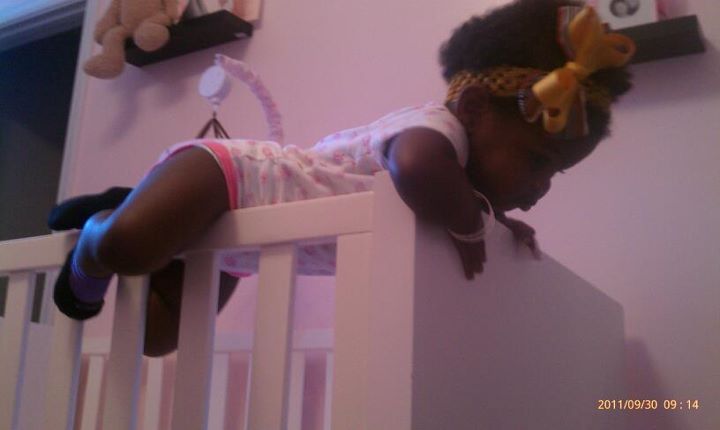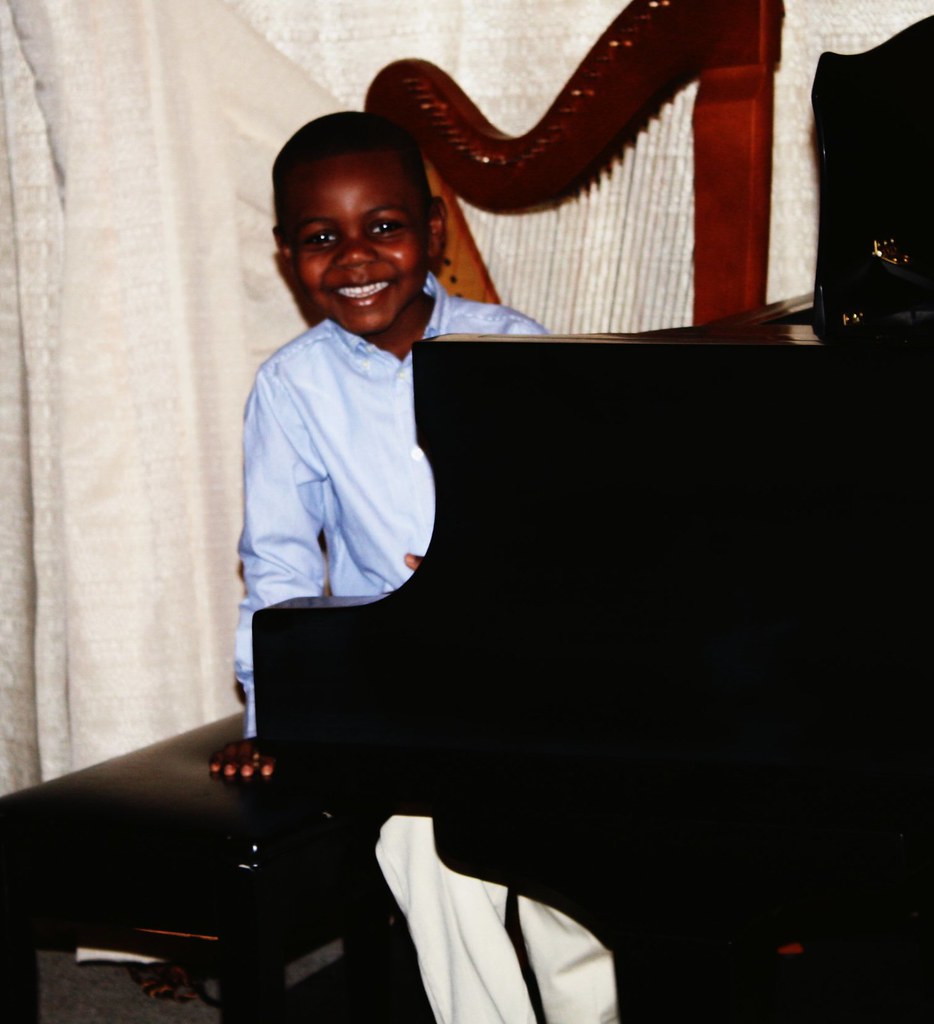*taps the microphone* Testing! I’ve taken a little time off from the blog. Redirecting my focus on a few things and lawd knows I can’t rub my stomach and pat my head at the same time on a good day. I’m settling into my new groove and I will be sharing with you guys what I’ve been up to soon.
One of my new shifts has been spending more time with my son and his school work. We all know as parents our influence and dedication to our children’s education inside AND outside of school sets an example for them. I always thought helping with school work would be easy but I’ve found myself struggling getting my son to retain some of his sight words. I know he is just in Kindergarten, but I started thinking there must be a tried and true way. Figuring that some of you may have the same issues…it’s just me? Well, I thought I would reach out to one of my Tweeps/Blog Buddy who is a veteran educator and ask her to do a guest post to help out some of us me with better ways to help our child(ren) build retention, reading and writing skills.
If you have any educational related questions, send them over or leave in the comment section. Maybe she can help us me out more often. Making education a priority is one of our responsibilities as parents. If you don’t know, you better ask somebody….literally!!
Dr. Reginia blogs over at Her Perfect Black Dress and you can find her on Twitter under Dr_Reginia.
Thanks Reginia!
Parents; A Child’s First Teacher

Source
Parenting is a complex vehicle. It is a role without concrete instructions, plans, or road maps. Parents are charged with providing their child(ren) with the skills of fundamental readiness and preparedness. Fundamental readiness and preparedness include; walking, talking, grooming, coping, and school readiness. Because parents are their child’s first teachers, the aforementioned elements are essential for ensuing success.
During the formative years, it is essential to communicate the importance and value of education. Family values have the ultimate stronghold and are transferred to student achievement. Student achievement is measured by academic performance and successes, therefore bridging home and school are paramount.
Below are tips to build a foundation for academic success:
Develop a reading rich environment at home. Home is the core of education. By creating a home environment that is rich in literature, children will respond positively to this stimulus. Read with your child(ren) early and often. Incorporate texts of interest including magazines, poems, and family letters. Visit your local library or book store to support personal interests in reading.
Incorporate writing into your reading routine. Writing is an essential skill. Early writing helps strengthen fine motor skills, develop letter formation, build vocabulary, develop semantics, and syntax. Create a family journal. This journal may be used to respond to literature, write letters among household family members, or develop new vocabulary. Also, writing can be as simple as recording grocery lists or writing a review to a television program.
Recite, Review and Retain. Exposure and frequency support retention. How often have you remembered the lyrics to a song that may not be your favorite? Have you wondered why? It’s because the song is repeated frequently, therefore you retained the lyrics. Also, divide assignments into segments threes or fours. Small chunks of information are best memorized this way. Look at how your phone number and credit card numbers are divided. This is a measure to support retention. Remember, frequent exposure to an item creates familiarity and ultimately retention.
Communication. Communicating with your child is important. Conversations illustrate your personal and specific interest in their academic success. Ask specific questions daily. What did you practice in language arts, math, science, and social studies today? Ask for examples. Your child should be able to give clear responses to these questions. If the responses are frequently unclear, reach out to the teacher. Check the school’s and district websites for academic and instructional updates. Again, the home is the core of education.
Parents, you are your child’s first and supreme teacher. Education is fluid and universal. One of the greatest gifts you can give is love and adornment for education.
With light and love,
Dr. Reginia



